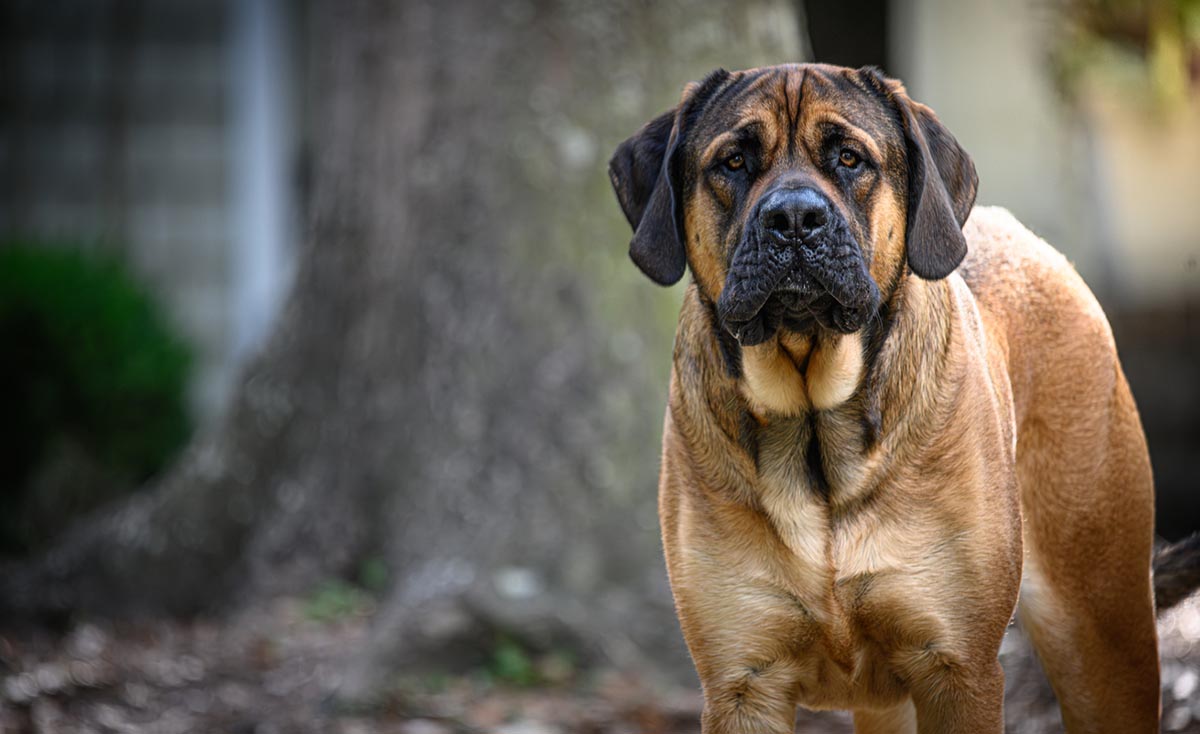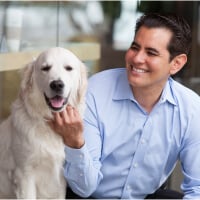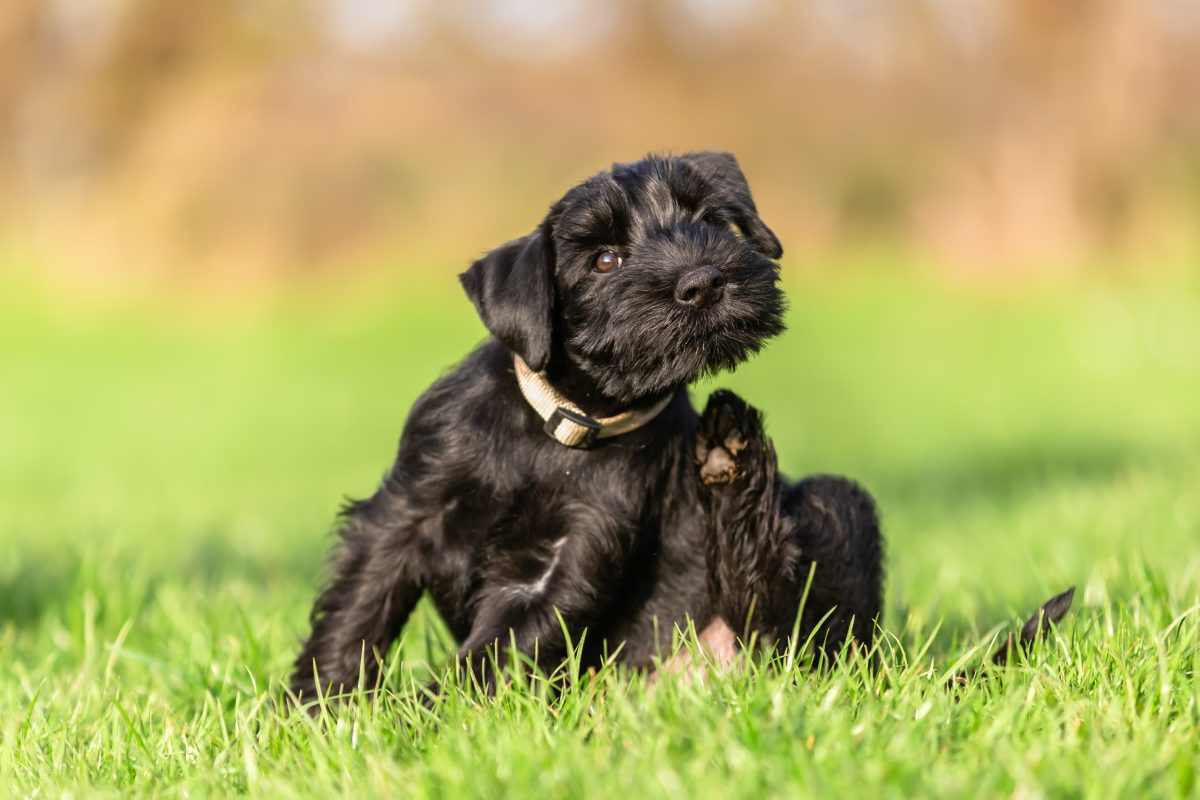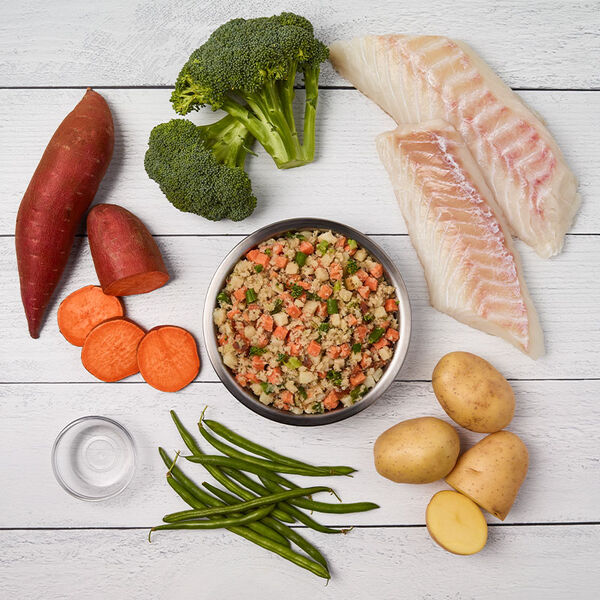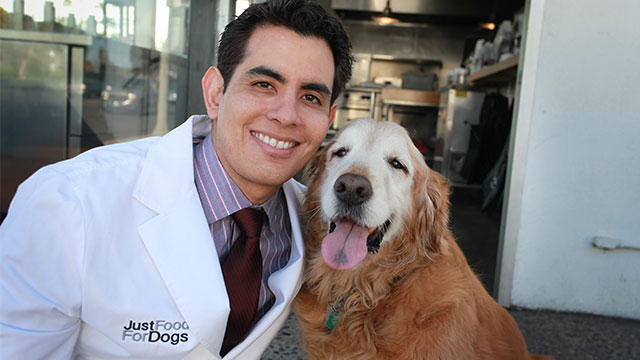Why Do Dogs Eat Their Poop?
Why do dogs eat their poop? These are the three main reasons why your dog may resort to poop-eating.
Why do dogs eat their own poop? There’s a name for it. When dogs eat their poop, it’s called coprophagia. It sounds absolutely disgusting, yet the consumption of one’s own fecal material is not uncommon among animals. In some cases (as with rabbits), is an important part of their metabolism and nutrition. But dogs aren’t rabbits.
Why do dogs eat poop and how do you stop it? To know for sure, you’d have to ask the dog. Since it is unlikely we’ll get an answer, the next best option is to know the working theories many veterinarians have on why dogs eat poop.
The reasons behind dogs eating feces can be categorized into three buckets:
- Medical
- Behavioral
- Extrinsic & dietary
1. Medical Reasons Why Dogs Eat Poop
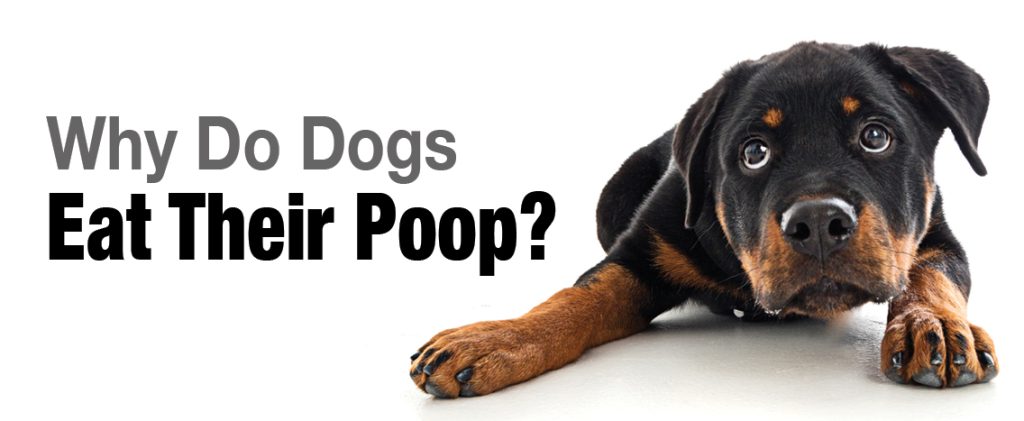
There are certain medical conditions that can cause your dog’s poop-eating habit. Your dog could be eating its own stool because of medical issues such as:
- Exocrine pancreatic insufficiency (EPI)
- Parasites
- Diabetes
- Cushing’s disease
- Nutritional deficiencies
For example, the pancreas produces enzymes that help digest fats. In cases of Exocrine Pancreatic Insufficiency (EPI), those digestive enzymes are missing and fat cannot be digested. The results are usually fatty, yellow, greasy stools that your dog may be consuming in an effort to recover the fat nutrition lost.
Intestinal parasites can compete with your dog for nutrients and cause your dog to “go for seconds” on his stool. Some diseases or medications can increase a dog’s appetite, making coprophagy more likely. A few examples include thyroid issues, diabetes mellitus, Cushing’s disease, intestinal malabsorption, and malnutrition.
If your dog appears to be ill, hasn’t been seen by a veterinarian in over a year, or has yellow greasy stools and starts to eat his own poop – it’s best you make an appointment with your DVM to have it checked out.
2. Behavioral Problems
The most widely accepted theory of coprophagia related to behavior is that some dogs have an obsessive/compulsive-like need to clean up after themselves. Mother dogs will instinctively do this for their newborns to keep their nests clean. The genetic programming for this behavior exists in all dogs, not just female dogs.
The key to curbing this habit, if due to this reason, is for dog owners to clean up after their dogs before they do. This means picking up the poop right as it is deposited. If you do this consistently, a dog that is “cleaning up” may eventually grow out of the behavior.
Other reasons behind stool eating may include stress, boredom, or attention-seeking dog behavior. Dogs that are left alone all day or are stressed out, may lack positive enrichment, and therefore become interested in behaviors that they would otherwise avoid. These dogs may resort to eating poop, and if you make a big deal about it when you get home, you may inadvertently reinforce the behavior.
Depending on how you respond to the poo-eating behavior, they may end up believing it is their job to clean up. This can also happen if your dog is punished for pooping in the house. They may start “clearing the evidence” if they believe what they’ve done is very bad.
Addressing the Behavior Issue
How can I stop my dog from eating its poop?
Positive reinforcement is always the way to go when it comes to dog training and behavior modification. Never use punishment. Teaching basic commands like “leave it” can help exponentially.
It’s also important to never let your dog get bored, which can lead to trouble. Both physical and mental exercise are key to your dog’s health.
3. Dietary Reasons Why Your Dog Eats Its Poop
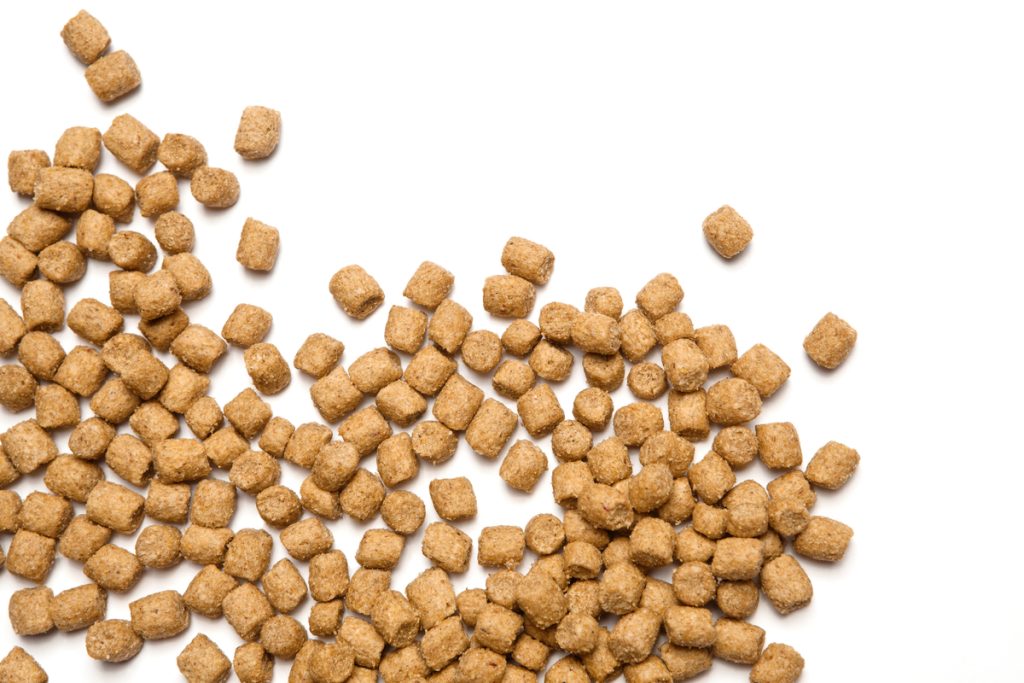
Some other reasons why dogs eat poop might not have to do with the dog’s physiology or behavior, but instead, with the way he’s cared for. This includes your dog’s diet.
What dog food you use is very important. Dogs that are underfed or fed poor-quality meals may be resorting to their poop (goose droppings, or the cat’s litter box) as “seconds.” If their regular food is not a complete and balanced diet, then your dog is probably responding to the nutritional deficiencies by scavenging for more.
FFD recipes have all gone through AAFCO feeding trials so you know they are complete and balanced. If you make it at home using our DIY kits, they still get the same nutrition.
Avoid Your Dog Becoming a Poop Eater
Whether your dog is having medical problems, behavioral issues, or dietary insufficiencies, it’s important to consult your veterinarian about poop eating.
Until then, only your dog knows why they do it – we are left guessing. If you suspect the problem is behavioral, take a look at your own habits and see if there are changes you can make to reduce its occurrence. If needed, ask your vet about training aids that you can add to his food to help him be less interested in his poop.
Less interested in poop? Why in the world would we have to make puppies and adult dogs less interested in poop?
Well, because they’re dogs, and it’s just what they do sometimes.
This content is for informational use only and does not replace professional nutrition and/or medical advice, diagnosis, or treatment. It is not a substitute for and should not be relied upon for specific nutrition and/or medical recommendations. Please talk with your veterinarian about any questions or concerns.
